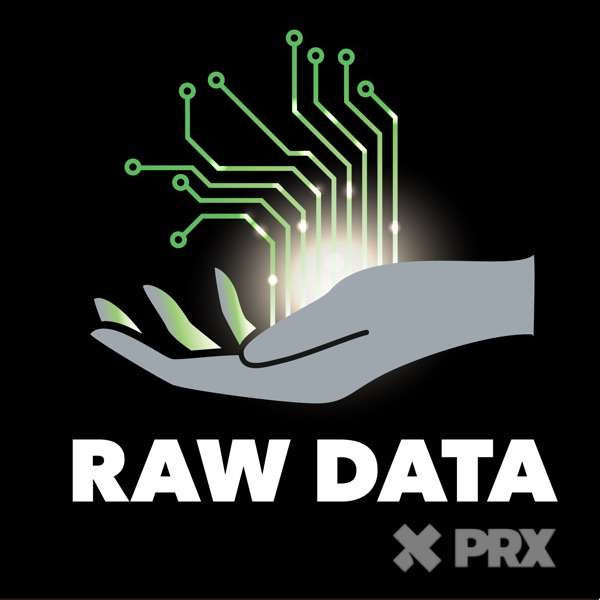On this episode of The Uplow’d, we welcome 84.51° Data Scientist, Charles Hoffman, along with Dr. Robert Kahle and Gloria Roderick from the Riley Center for Livable Communities at the College of Charleston to talk about using modern science to fight hunger. We explore how geographic information systems (GIS) technology has been applied to map the areas where community members are experiencing hunger and help non-profit organizations best allocate their free food resources.
Charles Hoffman joined 84.51° in 2018, and has conducted analytics research in support of the company’s health and beauty care and general merchandise missions, as well as the Kroger/ Ocado partnership. He has a wealth of analytics experience from his previous position as Manager of Analytic Consulting with Catalina Marketing, as well as his commission with the U.S. Army where he served for three years as an intelligence officer. Charles has a Master of Science in Consumer Analytics, as well as a Master of Business Administration from Xavier University.
Dr. Robert Kahle is the Associate Director of the Riley Center for Livable Communities at the College of Charleston. In his role, he designs, implements and supervises research, evaluation and strategic planning for non-profit and local government organizations to address problems affecting vulnerable populations, especially those experiencing homelessness or hunger. Prior to joining the Riley Center, Bob operated the research and planning consultancy, Kahle Research Solutions, for 23 years, and was the co-founder and co-director of the Urban Safety Program at Wayne State University’s Center for Urban Studies. He received his Doctorate in Sociology from Wayne State University, and his Bachelor and Master in Sociology from Ohio University.
Gloria Roderick is the Lead GIS Analyst for the Riley Center for Livable Communities at the College of Charleston, where she leads an effort to provide GIS analysis for nonprofit programs, primarily to determine equitable food distributions based on social determinants of health and economic need. She has spent her career serving non-profit organizations in a variety of roles from fundraising, planning and public relations, to data visualization and statistic analysis that create digestible data to inform and guide leadership’s decisions. Gloria received a Master in Public Administration and a Bachelor in Religious Studies from College of Charleston.

 Our TOPPODCAST Picks
Our TOPPODCAST Picks  Stay Connected
Stay Connected







